By Luca Albrisi
Photo Aaron Schwartz
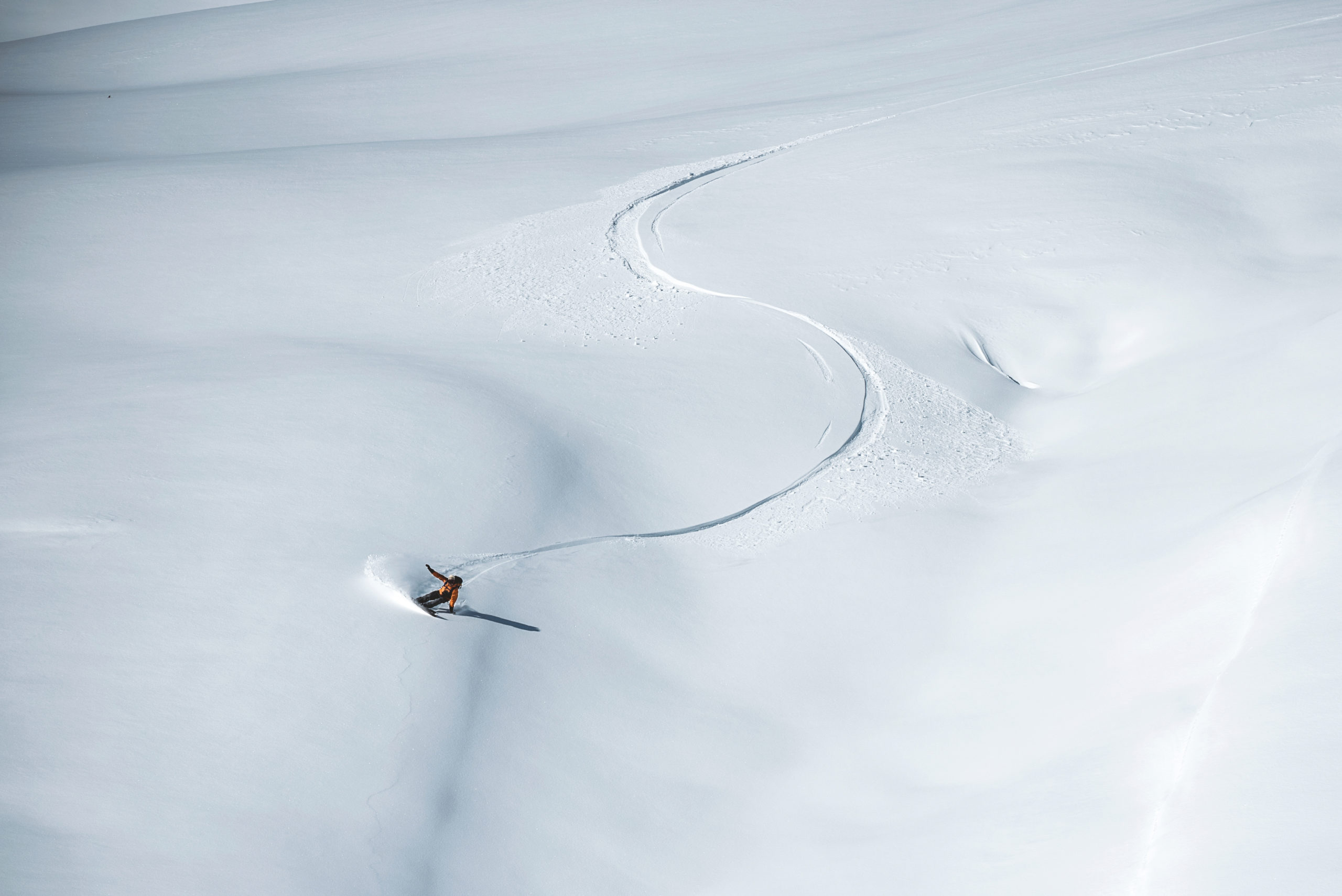
By Luca Albrisi
Photo Aaron Schwartz
A turn of mind is the key to draw a new line.
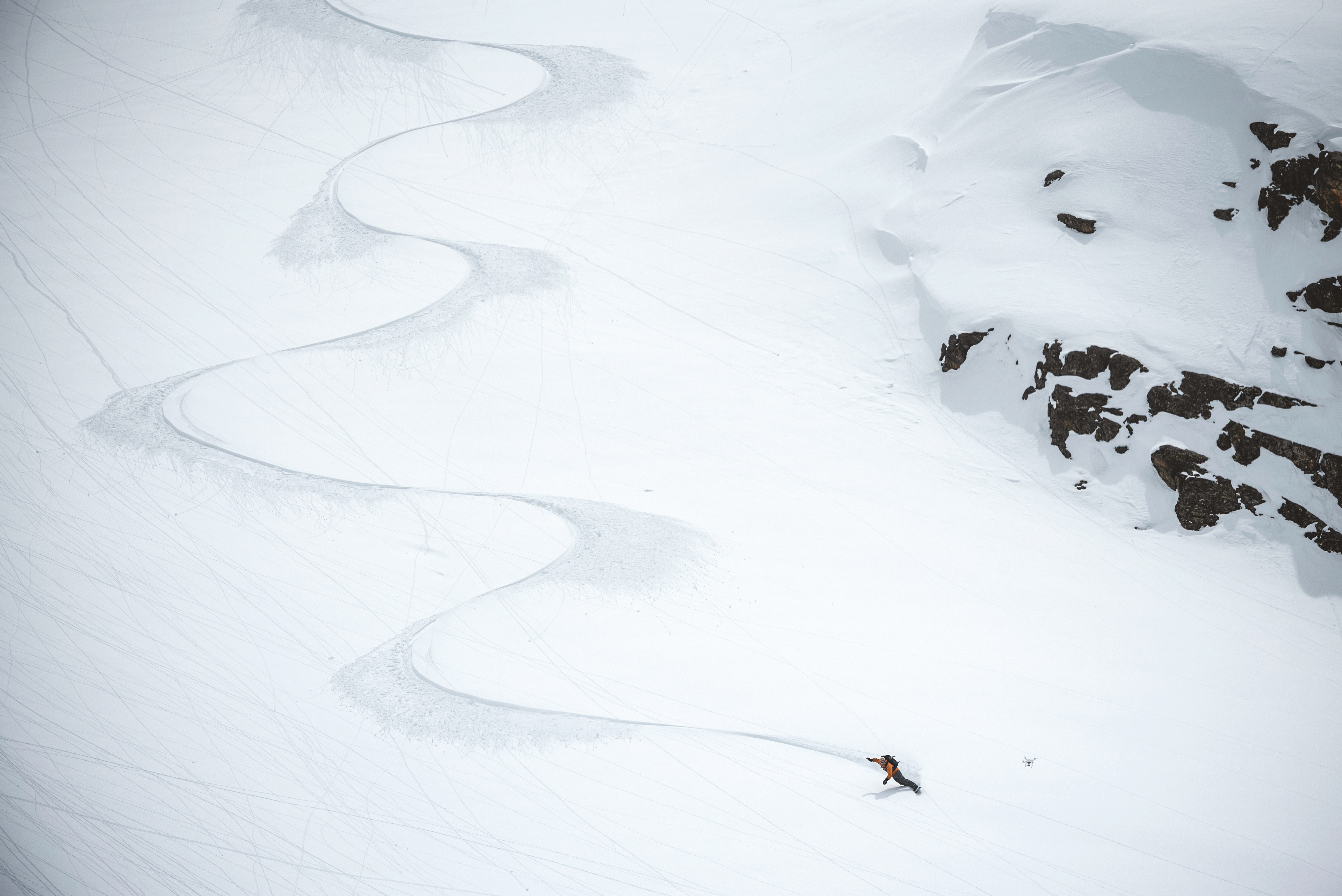
The beauty of turning lies in the fact that you will never take a perfect one.
You can approach it, of course, but you will never reach the awareness of absolute perfection.
Still, the more you keep turning – the more you keep looking for special places to take turns – the more you realize that your technical and spiritual evolution lies precisely in that search. That your ecstasy coincides with that approaching the moment of perfection in which your whole body and your whole mind become a turn.
For a few moments you can override your identity as a subject and cross individual barriers, merging into something that is simultaneously you, and outside of you.

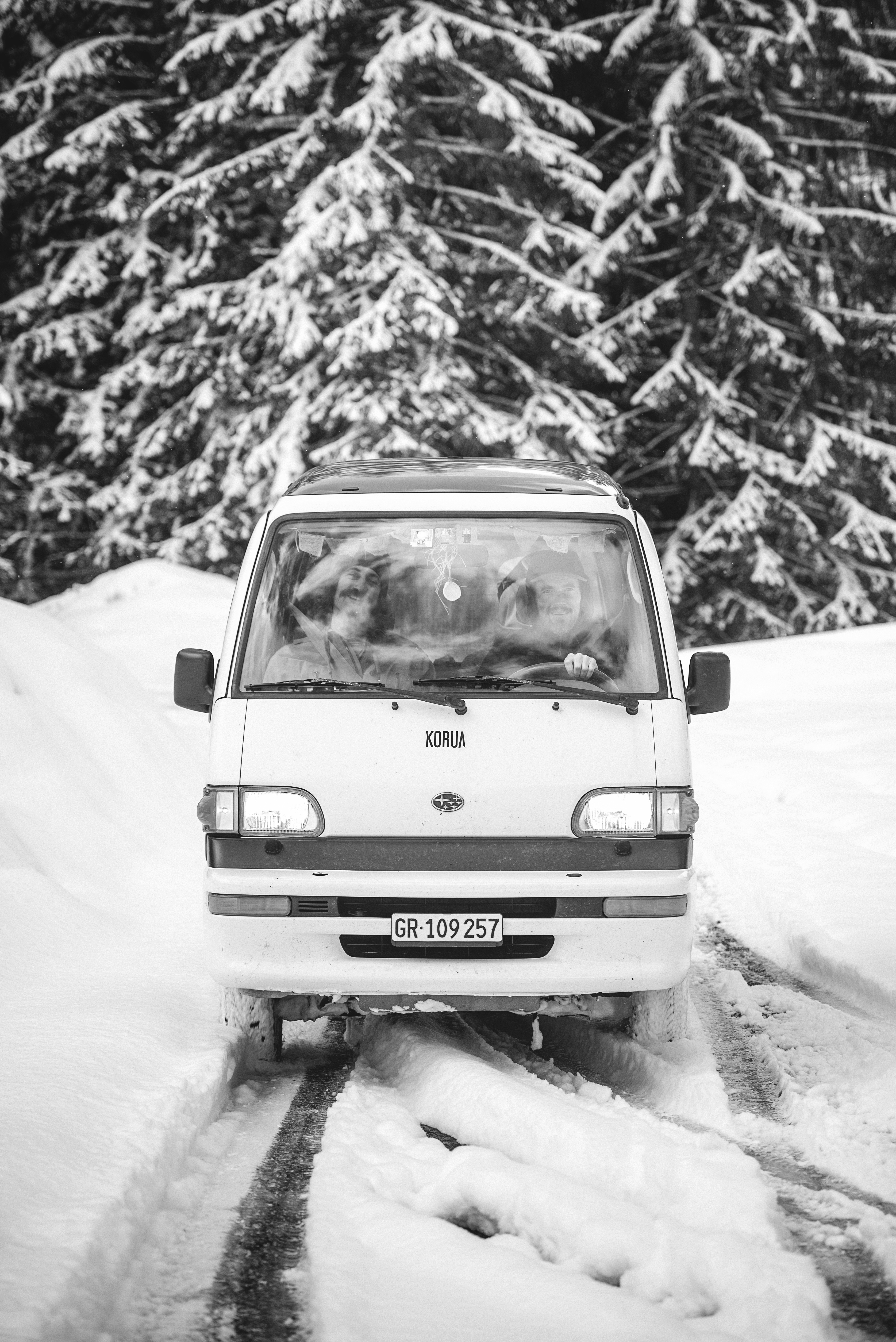
A real turn of mind presupposes this becoming something else and being able, even if only for a few moments, to have a point of view completely estranged from what is usually the perception of yourself.
There are several ways to stimulate this process. Traveling, dedicating yourself to creativity, but also confronting with an open mind those who have beliefs different from yours. But external stimuli are not enough, we must first of all prepare ourselves to embrace the turn of mind.
When Nicholas Wolken talked me about the Turn of Mind video project inviting me to participate, I immediately understood that it would have been a great opportunity to have an experience of “contamination” that ranged from riding to sharing ideas and theories able to generate new perspectives.
Besides, the prerequisites were all there: three splitboarders active on environmental issues but with completely different stories behind them – Nicholas is a psychologist, I am a philosopher and James is an environmental scientist – our splits, a pair of sledges loaded with food and a hut in the middle of the nothing surrounded only by magnificent mountains.
The idea was to reach our refuge and stay there a few days to talk about environmental theories, world views, possible concrete actions and, of course, snowboarding, lines and style.
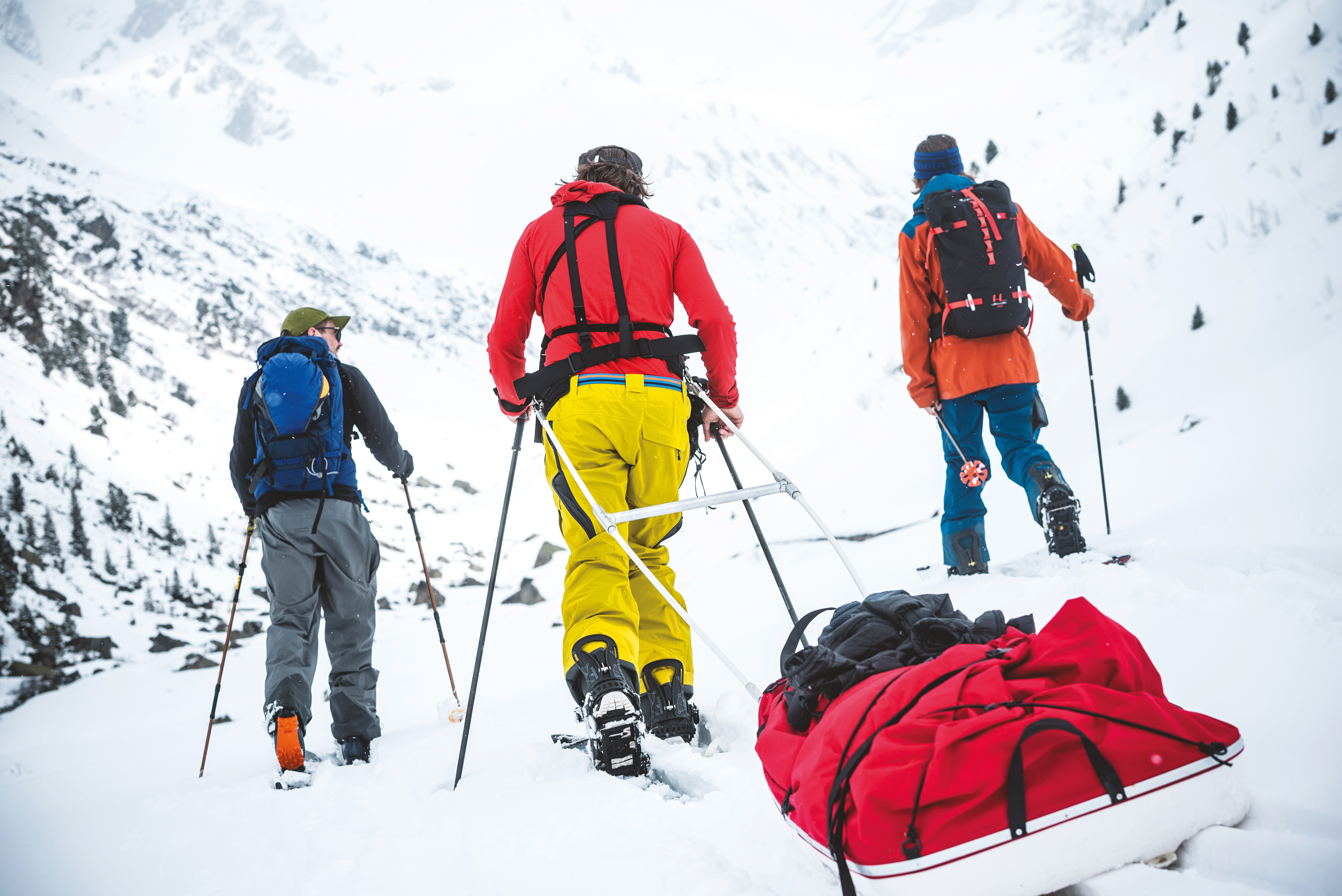
After all, I believe that the current environmental crisis must be dealt a bit like we did with our journey.
Indeed, the approach solution will have to be faced by “action” people with different skills and training. I don’t think that chasing only the scientific path or the humanistic one would lead to real results.
If we want to build a future capable of abandoning the current path to draw better lines, we will have to merge our different skills and our different approaches in order to allow ourselves to trigger that gigantic and profound turn of mind, regarding ourselves and our relationship with the world, without which we will have no future.
The curious thing about this trip was realizing how our apparently so different paths often led to similar conclusions. As if to show that the differences in styles can only enhance the very particular human nature.
After all, some prefer a split, others a solid snowboard, some wide skis while others still love carbon toothpicks. But everyone, after all, are people who have in their nature a deep passion for sliding down mountains.
What changes is only the perspective with which we see these differences. Looking closely they are more evident but from a more global point of view, we are all part of a single reality.
In a very similar way we must realize – as women and men – that we belong to a much more extensive system than our “simple” human being and we have to try to remove ourselves from that position of centrality that we have given ourselves.
I believe this is the central turn of mind of our existence and our real challenge for the future.
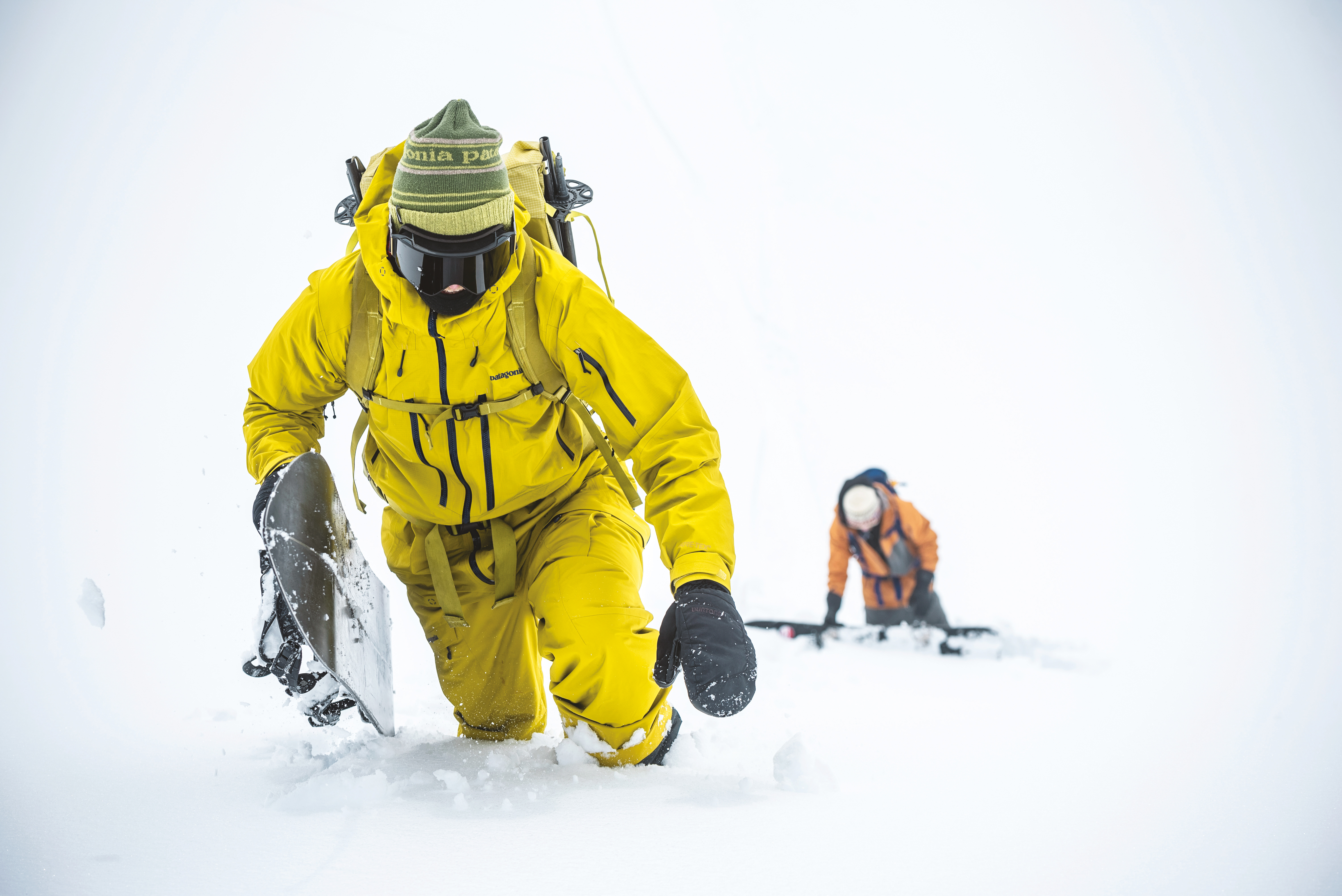
I have always had a very philosophical approach to outdoor and, starting from the theses of Arne Naess and Deep Ecology, I have always been convinced that this could be an instrument capable of bringing us closer to a biocentric vision of the world, according to which any living being has full right to its own realization.
This trip, however, added other points of view to my vision by showing me how other completely different paths from mine – such as the psychological one that Nicholas is tracing – lead to very similar conclusions on how we get closer to natural reality (and our recognition as part of it) not only can it help us but it is necessary for our survival by representing the only way to pursue our sustainable existence on this planet.

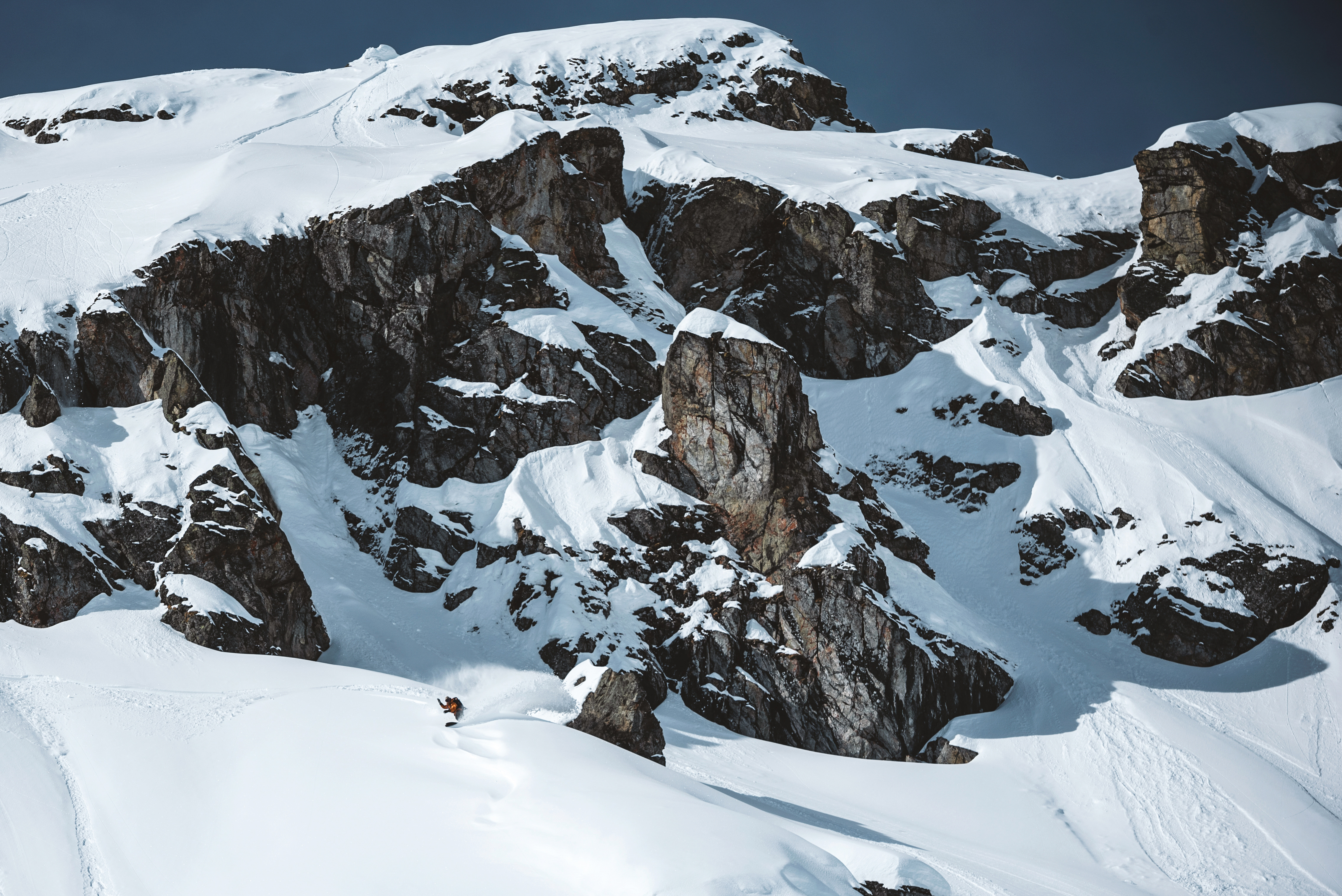
It is the intersection of all these traces that leads us to consider the experience in nature as central, precisely because it represents a key to achieving that rapprochement.
Whether it’s on a split, on skis or simply on foot, we need to follow and draw our trace to get to that profound turn of mind that allows us to re-think ourselves as part of that environment in which we love to slide and draw our lines in harmony with the whole nature.
But if we truly recognize the profound value of these experiences, we must be ready to take a few more steps. We must be prepared to fight in defense of these spaces.
And not because they are fundamental for the practice of our activities but for the importance they have in themselves.
Not because they have an economic value, but rather because through them we can reach that Turn of Mind that allows us to recognize ourselves.
Because after all – with a turn of mind – these places are nothing but part of ourselves and we, we are nothing more than these same places.
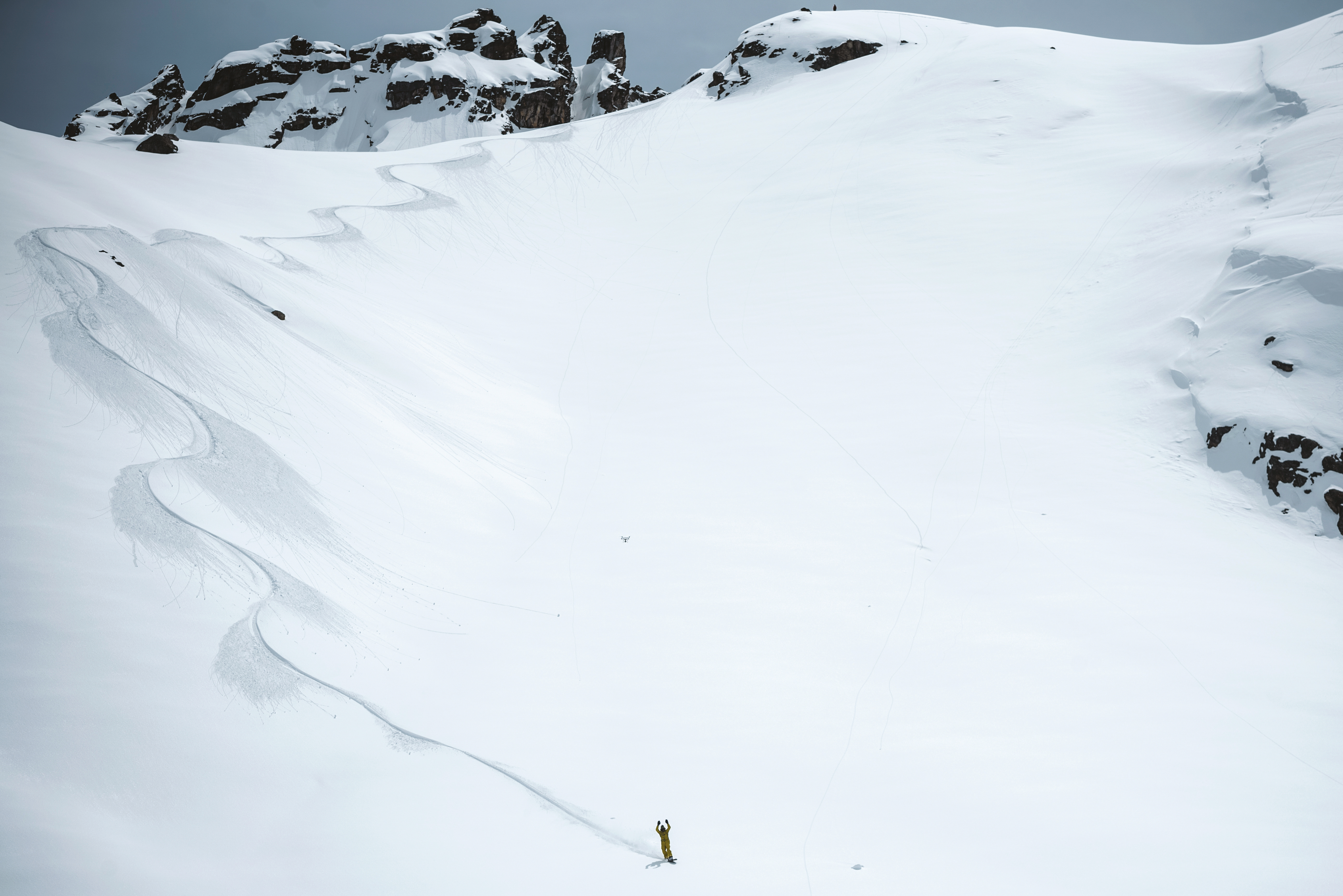
Share this Feature